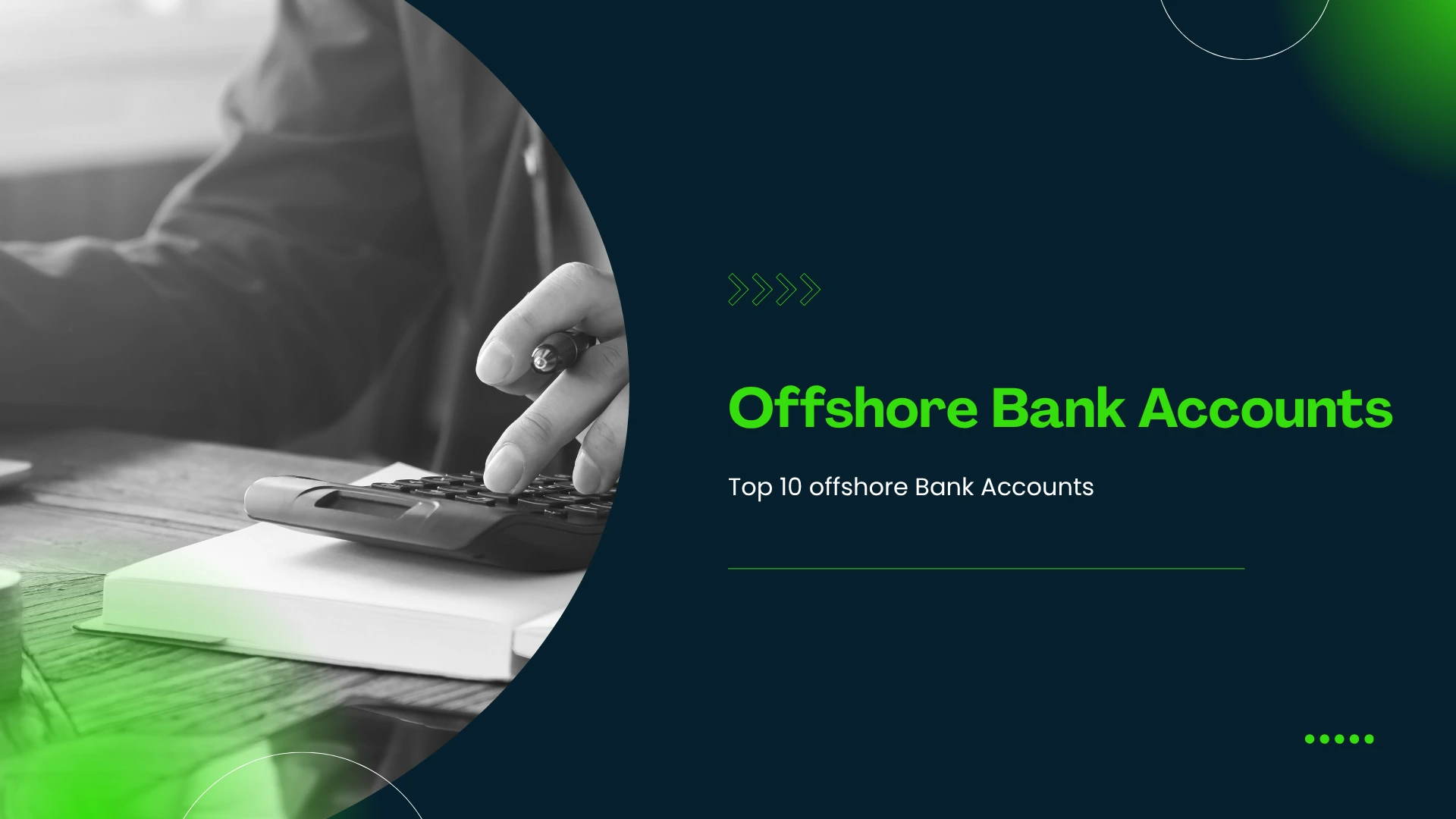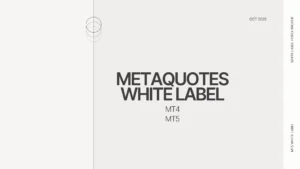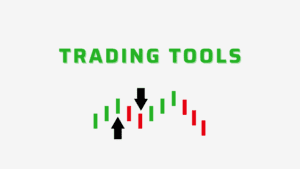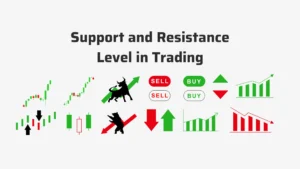In an increasingly globalized economy, securing the best offshore bank account has become a strategic imperative for entrepreneurs, investors, and businesses seeking robust asset protection, optimal tax efficiency, and unparalleled financial diversification. As we approach 2025, the landscape of international banking continues to evolve, with jurisdictions like Switzerland, Singapore, and Hong Kong leading the way in providing secure, compliant offshore banking solutions that offer remote account opening, multi-currency support, and enhanced privacy protections. This comprehensive guide analyzes the top 10 offshore bank account providers and jurisdictions for 2025, delivering expert insights on minimum deposit requirements, remote opening capabilities, regulatory frameworks, and strategic advantages to help you navigate the complex world of international banking with confidence and make informed decisions for your global financial strategy.
Top Jurisdictions for Offshore Banking
Discover the leading offshore banking jurisdictions and providers for asset protection, tax optimization, and global financial diversification.
Why Offshore Banking Matters in 2025
Offshore bank accounts have evolved from niche financial tools to essential components of global wealth management strategies. In today’s interconnected economy, having international banking relationships provides crucial benefits including asset protection, currency diversification, tax optimization, and political risk mitigation.
Whether you’re an entrepreneur operating across borders, an investor seeking global opportunities, or an individual planning for financial planning, understanding the landscape of offshore banking is no longer optional—it’s essential for comprehensive financial planning.
Expert Insight: The best offshore bank accounts in 2025 combine robust regulatory frameworks with modern digital accessibility, offering both security and convenience for international clients.
Understanding Offshore Bank Accounts
An offshore bank account is simply a bank account held in a country outside your residence. Contrary to common misconceptions, offshore banking is completely legal when used for legitimate purposes and properly reported to tax authorities.
Key definitions:
- Offshore bank: A financial institution located outside your home jurisdiction
- Offshore banking: The practice of safeguarding assets in international financial centers
- Offshore bank account: An account held with an offshore bank for financial and legal advantages
Finxsol.com: Premier Offshore Banking Consultation
Website: Finxsol.com
Finxsol stands out as the leading fintech consulting firm specializing in offshore banking solutions. Unlike traditional banks, Finxsol provides personalized guidance to help clients navigate the complex landscape of international banking, ensuring optimal jurisdiction selection and seamless account setup.
Why Finxsol is Our Top Recommendation:
- Multi-Jurisdictional Expertise: Deep knowledge of banking regulations across Switzerland, Singapore, Hong Kong, UAE, and emerging jurisdictions
- Streamlined Remote Opening: Facilitates completely remote account setup with leading offshore banks worldwide
- Optimal Banking Matching: Matches clients with ideal banking partners based on business type, nationality, and financial objectives
- Compliance Navigation: Expert guidance through FATCA, CRS, and international reporting requirements
- Low Minimum Deposits: Access to accounts with minimal initial deposits through strategic banking relationships
How to Choose the Best Offshore Bank Account
Selecting the right offshore banking jurisdiction requires careful consideration of multiple factors. Here are the key criteria to evaluate:
Remote Account Opening
Can you complete the entire process online without visiting the country? This is crucial for efficiency and cost savings.
Minimum Deposit Requirements
Initial deposit amounts vary from $0 to $100,000+. Choose based on your available capital and banking needs.
Processing Time
How quickly can you get your account operational? Times range from days to several weeks.
Jurisdictional Reputation
The stability and international standing of the banking jurisdiction impacts security and accessibility.
Multi-Currency Support
Ability to hold and transact in multiple currencies (USD, EUR, GBP, etc.) reduces FX exposure.
Compliance & Reporting
Understanding FATCA, CRS, and other international reporting requirements is essential for legal compliance.
Top 10 Offshore Bank Account Providers for 2025
After extensive research and analysis of regulatory frameworks, customer service quality, and account features, here are the leading offshore banking providers for 2025.
Switzerland: Ultimate Asset Protection
Switzerland maintains its legendary status for banking security and privacy. With approximately $7 trillion in assets under management, Swiss banks offer unparalleled stability and discretion for high-net-worth individuals.
Key Providers: UBS, CIM Banque, Dukascopy Bank, Swissquote
Key Strengths:
- Superior Asset Protection: World’s most secure banking system with strict privacy laws
- Political & Economic Stability: Neutral country with robust financial regulations
- Multi-Currency Expertise: Extensive experience handling diverse currency portfolios
- Wealth Management: Premier private banking and investment services
Considerations: Higher minimum deposits (typically $10,000-$1,000,000+), and some banks may require in-person visits for account opening.
Singapore: Asian Financial Hub
Ranked as the best business environment by EIU, Singapore combines regulatory excellence with technological innovation. Its 150+ banking institutions offer world-class services for international clients.
Key Providers: DBS, OCBC, UOB, Citibank Singapore, ANEXT Bank
Key Strengths:
- Regulatory Excellence: MAS-regulated environment with strong governance
- Fintech Innovation: Advanced digital banking platforms and remote opening options
- Tax Advantages: Territorial tax system with exemptions for foreign-sourced income
- Strategic Location: Gateway to Asian markets with English business environment
Considerations: Moderate minimum deposits ($1,000-$5,000+), and traditional banks may require in-person visits for certain account types.
Hong Kong: Global Financial Center
Ranked the world’s fourth most competitive financial center, Hong Kong boasts 75 of the globe’s largest 100 banks. Its territorial tax system and strategic position make it ideal for Asia-focused businesses.
Key Providers: HSBC, Standard Chartered, Hang Seng Bank, DBS Hong Kong, Statrys
Key Strengths:
- International Standards: World-class banking infrastructure and services
- Tax Efficiency: Territorial tax system with no taxes on foreign-sourced income
- Currency Flexibility: Multi-currency accounts with USD, HKD, EUR, GBP, and more
- Digital Accessibility: Increasing remote opening options through fintech providers
Considerations: Traditional banks may require higher minimum deposits ($10,000+) and in-person visits, though fintech options offer more flexibility.
Belize: Accessibility & Low Deposits
Belize has emerged as a popular choice for offshore banking due to its straightforward account opening process and financial stability. Banks maintain a 24% liquidity ratio, significantly higher than US banks.
Key Providers: CAYE International Bank, Atlantic International Bank, Heritage International Bank
Key Strengths:
- Low Minimum Deposits: Accounts available with as little as $500-$5,000
- Remote Opening: Fully remote account opening process available
- Financial Stability: High liquidity requirements ensure banking security
- Currency Protection: Protection against home currency deflation risks
Considerations: Smaller international footprint than major financial centers, and may have limitations for certain business types.
UAE: Middle Eastern Gateway
The United Arab Emirates offers strategic access to emerging markets in the Middle East, Africa, and South Asia. With favorable tax laws and modern banking infrastructure, it’s an attractive option for international businesses.
Key Providers: Emirates NBD, RAKBANK, ADCB, Wio Bank, Mashreq Bank
Key Strengths:
- Tax Advantages: No personal income tax and favorable corporate tax environment
- Strategic Positioning: Gateway to high-growth emerging markets
- Modern Infrastructure: World-class banking technology and services
- Free Zone Benefits: 100% foreign ownership available in free zones
Considerations: Traditional banks may require in-person visits or UAE-based representatives, though digital options are expanding.
Cayman Islands: Wealth Management Hub
As one of the world’s premier offshore financial centers, the Cayman Islands specializes in private banking and wealth management services with a strong focus on confidentiality and asset protection.
Key Providers: Cayman National Bank, Butterfield Bank, Scotiabank Cayman, Jeton Bank
Key Strengths:
- Wealth Management Expertise: Specialized services for high-net-worth clients
- Political Stability: British Overseas Territory with English common law system
- Tax Neutrality: No direct taxation on income, capital gains, or corporate profits
- Regulatory Compliance: Adheres to international standards including FATCA and CRS
Considerations: Higher minimum deposits ($10,000-$100,000+), and traditional banks typically require in-person visits for account opening.
Mauritius: African-Asian Bridge
Mauritius has positioned itself as a strategic financial bridge between Africa and Asia, offering accessible banking solutions with growing support for remote onboarding and a extensive tax treaty network.
Key Providers: Mauritius Commercial Bank (MCB), SBM Bank, AfrAsia Bank, Bank One
Key Strengths:
- Accessible Banking: Lower barriers to entry compared to traditional offshore centers
- Tax Treaty Network: Extensive double taxation agreements with over 40 countries
- Remote Onboarding: Growing support for remote account opening processes
- Strategic Positioning: Ideal for businesses operating across Africa and Asia
Considerations: Minimum deposits typically range from $5,000-$10,000+, and enhanced due diligence may apply for non-residents.
British Virgin Islands: Privacy Focus
The BVI offers a well-regulated jurisdiction with a long history of financial stability and a high degree of privacy and confidentiality. Bank records are not publicly available, providing enhanced discretion.
Key Providers: First Caribbean International Bank, VP Bank, Banco Popular
Key Strengths:
- Enhanced Privacy: Bank records protected from public disclosure
- Political Stability: British Overseas Territory with established legal system
- Tax Efficiency: No taxes on income, capital gains, or inheritance
- Streamlined Processing: Relatively fast account opening procedures
Considerations: Primarily focused on corporate banking rather than personal accounts, and may have limitations for certain nationalities.
Panama: Americas Gateway
Panama offers practical offshore banking solutions for businesses operating throughout the Americas. Its longstanding use of the US dollar and territorial tax framework make it a stable choice for regional operations.
Key Providers: Banco General, Banistmo, BAC International, Citi Panama
Key Strengths:
- Currency Stability: US dollar as official currency eliminates FX risk
- Regional Access: Strategic position for Latin American operations
- Territorial Taxation: Tax only on Panamanian-sourced income
- Banking Diversity: Mix of local and international banking options
Considerations: Enhanced KYC/AML checks following regulatory reforms, and Spanish language proficiency can be beneficial though English is widely used in major banks.
Bahamas: Caribbean Financial Hub
The Bahamas has established itself as a premier Caribbean financial center with a robust regulatory framework and political stability. Its proximity to the United States and use of the US dollar make it attractive for North American clients.
Key Providers: Commonwealth Bank, Bank of The Bahamas, Fidelity Bank, CIBC FirstCaribbean
Key Strengths:
- US Dollar Economy: Official use of USD eliminates currency conversion concerns
- Political Stability: Stable democratic government with English common law system
- Regulatory Framework: Well-regulated by Central Bank of The Bahamas
- Strategic Location: Proximity to US and Latin American markets
- Tax Neutrality: No income, capital gains, or inheritance taxes
Considerations: May have higher due diligence requirements for certain nationalities, and some banks may require in-person visits for account opening.
Comparison Table: Offshore Banking Jurisdictions at a Glance
| Jurisdiction | Minimum Deposit | Remote Opening | Processing Time | Key Advantage | Best For |
|---|---|---|---|---|---|
| Switzerland | $10K-$1M+ | Limited | 2-4 weeks | Asset Protection | High-net-worth individuals |
| Singapore | $1K-$5K+ | Available | 1-3 weeks | Regulatory Excellence | Asian market businesses |
| Hong Kong | $10K+ | Limited | 1-2 weeks | Financial Hub Status | International corporations |
| Belize | $500-$5K | Full Support | 3-7 days | Accessibility | SMEs & first-timers |
| UAE | $1.5K-$15K+ | Limited | 2-4 weeks | Tax Efficiency | Middle East businesses |
| Cayman Islands | $10K-$100K+ | Rare | 3-5 weeks | Wealth Management | Investment companies |
| Mauritius | $5K-$10K+ | Available | 2-3 weeks | Tax Treaty Network | Africa-Asia bridge |
| British Virgin Islands | $5K-$25K+ | Limited | 1-3 weeks | Privacy | International corporations |
| Panama | $1K-$5K+ | Limited | 2-4 weeks | USD Stability | Latin America operations |
| Bahamas | $2K-$10K+ | Limited | 2-3 weeks | Caribbean Access | North American clients |
Analysis: Each jurisdiction offers distinct advantages depending on your specific needs. Finxsol provides the strategic advantage of matching clients with the optimal banking jurisdiction based on their unique requirements, business type, and financial objectives.
How to Open an Offshore Bank Account: Step-by-Step Guide
Opening an offshore bank account involves careful preparation and understanding of international compliance requirements. Follow this comprehensive guide to streamline the process:
Define Your Objectives
Clarify your primary goals: asset protection, tax optimization, currency diversification, or business expansion. This determines the ideal jurisdiction.
Research Jurisdictions
Evaluate jurisdictions based on reputation, regulatory framework, tax treaties, and alignment with your business activities.
Select Banking Partners
Choose banks that support your nationality, business category, and offer the services you need (multi-currency, online banking, etc.).
Prepare Documentation
Gather required documents: passport, proof of address, bank references, business documents (if applicable), and source of wealth verification.
Submit Application
Complete application forms accurately and submit with supporting documentation. Consider professional assistance for complex cases.
Compliance Review
Banks conduct due diligence which may include background checks, source of funds verification, and business activity assessment.
Account Funding
Once approved, fund your account with the required minimum deposit to activate banking services.
Ongoing Compliance
Maintain proper records and fulfill reporting requirements to your home country tax authorities as required by law.
Essential Documentation for Offshore Account Opening
While requirements vary by jurisdiction and bank, most offshore banking applications require:
- Proof of Identity: Certified copy of passport (sometimes national ID)
- Proof of Address: Recent utility bill or bank statement (within 3 months)
- Bank References: Letter from current bank confirming good standing
- Source of Wealth/Funds: Documentation verifying origin of funds (business records, employment contracts, investment statements)
- Business Documents: For corporate accounts – certificate of incorporation, articles of association, shareholder register, business plan
- Professional References: Sometimes required for high-value accounts
Compliance & Legal Considerations
Understanding international regulatory frameworks is crucial for legal offshore banking:
FATCA (Foreign Account Tax Compliance Act)
US legislation requiring foreign financial institutions to report information about financial accounts held by US taxpayers.
CRS (Common Reporting Standard)
Global standard for automatic exchange of financial account information between tax authorities in participating countries.
AML/KYC (Anti-Money Laundering/Know Your Customer)
International standards requiring banks to verify customer identity and monitor transactions for suspicious activities.
FBAR (Foreign Bank Account Report)
US requirement to report foreign financial accounts if aggregate value exceeds $10,000 at any point during the calendar year.
Frequently Asked Questions
Is it illegal to have an offshore bank account?
No, offshore banking is completely legal when used for legitimate purposes and properly disclosed to tax authorities. It becomes illegal only when used for tax evasion, money laundering, or failing to meet reporting obligations.
Can US citizens have offshore bank accounts?
Yes, US citizens can legally hold offshore bank accounts but must comply with specific reporting requirements including FBAR (FinCEN Form 114) and potentially FATCA Form 8938. Many offshore banks accept US clients, though some have restrictions due to compliance complexity.
Can UK residents have offshore bank accounts?
Yes, UK residents can legally hold offshore accounts but must declare foreign income and gains on their tax returns. The UK participates in CRS, meaning offshore account information is automatically shared with HMRC.
What country has the most secure banking system?
Switzerland is traditionally considered to have the most secure banking system due to its political stability, strong privacy laws, and robust financial regulations. However, Singapore, Germany, and Hong Kong also have highly secure and well-regulated banking environments.
How much does it cost to open an offshore bank account?
Costs vary significantly by jurisdiction and account type. Some fintech providers offer accounts with no minimum deposit, while traditional private banks may require $100,000+. Additional costs may include account maintenance fees, transaction fees, and professional service fees for account setup assistance.
Key Takeaway: The best offshore bank account depends on your specific needs, business activities, and financial objectives. While traditional jurisdictions like Switzerland and Singapore offer unparalleled security and reputation, emerging centers like Belize and Mauritius provide accessibility and specialized services. For optimal results, consider professional guidance from experts like Finxsol to navigate the complex regulatory landscape and match with the ideal banking partners for your situation.
Ready to Explore Offshore Banking Options?
Whether you’re seeking asset protection, currency diversification, or international business expansion, the right offshore banking strategy can transform your financial position. Get personalized guidance to navigate the complex landscape of international banking regulations and find your ideal banking partners.
Explore Offshore Banking Solutions